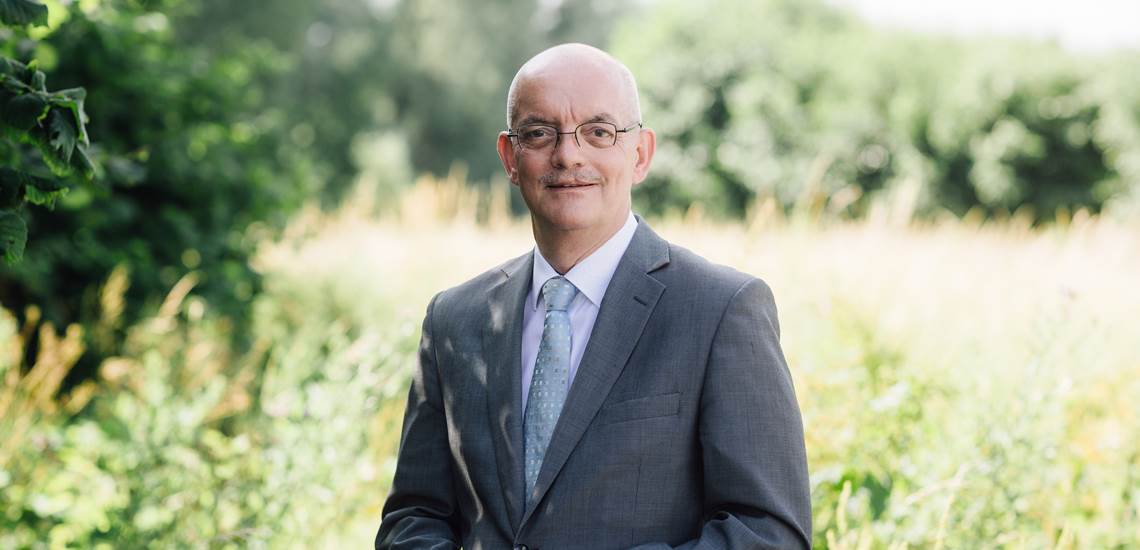With certified companies in every corner of the world, online tools have been indispensable for a well-functioning certification scheme for many years. This digital service was recently boosted with the introduction of digital exams and an e-learning module. But the coronavirus pandemic may require more radical steps.

Johan den Hartog
Managing Director, GMP+ International
How do we certify? How do we ensure optimal accessibility? How do we transfer knowledge? How do we collect feedback? With a worldwide community, these (and more) questions play an important role in the elaboration of our scheme and our additional services.
New information and communication technologies can increase the reach and effectiveness of the GMP+ certification scheme and our support activities. For example, the examination of new auditors of certification bodies has been taking place online for several months, so that they no longer have to travel to a physical location. The choice was made before the coronavirus broke out, but the pandemic accelerated its implementation. Therefore, despite the travel restrictions, the exams can still take place.
However, more is happening online. On May 18th we launched a brand new e-learning module in the context of the GMP+ Academy. The first edition is about HACCP. The training, that takes about half an hour, tests the knowledge of the users through a questionnaire, and provides clarification with the answers. This way, companies in regions that have less basic knowledge, can introduce their employees to the world of feed safety in an approachable manner.
Yet, such innovations also show how quickly time can catch up with digital possibilities. The above mentioned tools were developed before the breakout of the corona virus. But with the current pandemic, they turned from great ‘nice-to-haves’ to crucial ‘must-haves’.
Just like many other organizations, the pandemic also has GMP+ International and our certification bodies face major challenges and new questions. Due to the various lockdowns, audits are not or only to a limited extent taking place on site. That is why we are investigating the possibility of conducting remote audits. Via video connection, data exchange, or access to data files. Of course there are some challenges here: the information obtained must provide "objective evidence".
We simply cannot afford to avoid such challenges (any longer). The question is not whether we should implement remote audits, but how and when. Moreover, the urgency of the moment also makes one creative. Will audits soon become cheaper and more sustainable? What role can advanced technologies such as big data and blockchain play, for example? What other technologies are available? Should we go "beyond auditing"? And if so, what consequences does this have for the working methodology and the competences of the auditors?
This way, questions and challenges continue to arise in our continuous search for Feed Safety Worldwide. It keeps us on our toes. And with a global and engaged community of knowledge-intensive partners, we are confident that these new questions and challenges will further strengthen feed assurance worldwide.